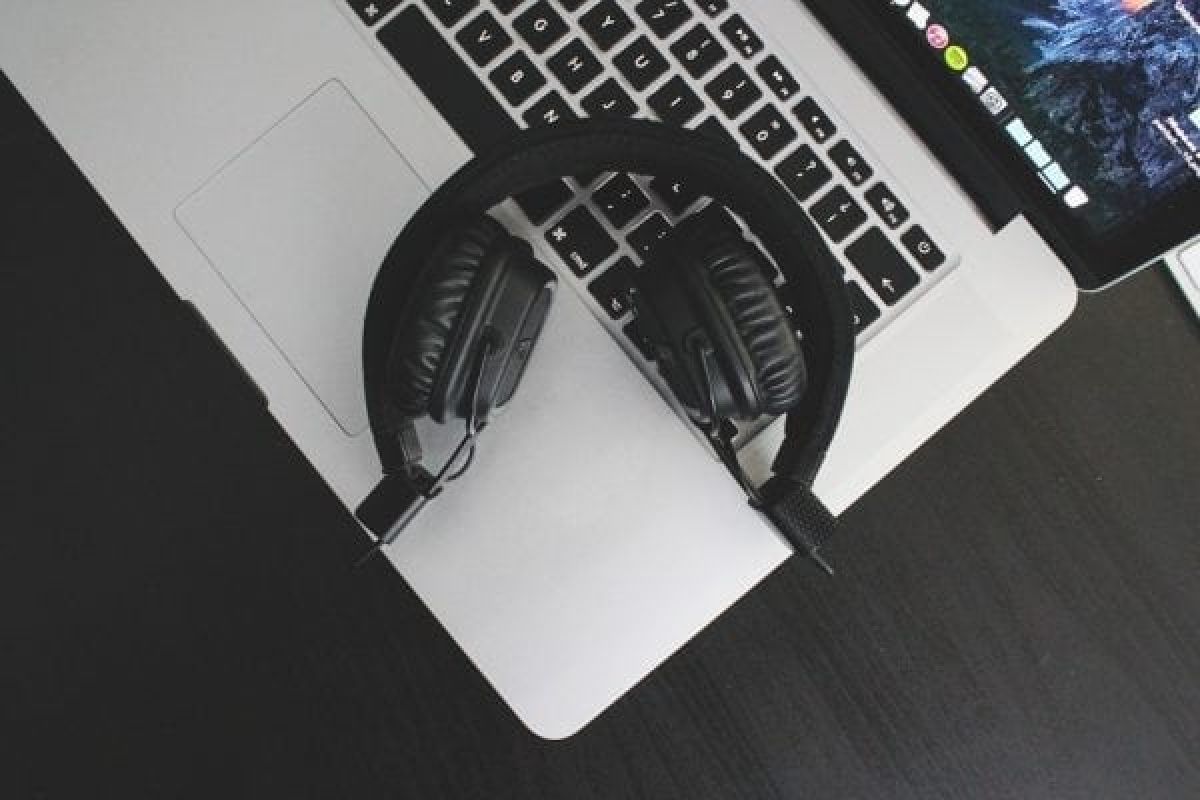How music has changed in the age of information
By Byron Gamble

It’s already apparent that a generation that has never known life without the internet is invading the scene. A generation that is now climbing the ladder in film, television and music. Pop superstars supported by giant labels have had to make way for a wave of self-made artists that have built their career on the internet. Music is now accessible instead of acquirable. Social instead of solitary. Even now on my Spotify account, I can see the songs my friends are enjoying in real time.
The days of LimeWire and shoddy MP3 apps are over. So too are burned CDs with a mix of songs bought for $1.29 each on iTunes. In with the new; music sharing apps like Soundcloud and Spotify and amateur music production apps like Garageband make the process of crafting your own music and discovering others’ that much simpler. These platforms are the foundation of a swathe of newbies bending and twisting genres to find their niche in what is now such a saturated scene.
I’d like to talk about two artists who are prime examples of this, pushing for their own unique sounds. “It was like a terrible day, my hair was disgusting, my skin was so gross,” pop artist Clairo recalls in an interview with Fader speaking on her music video of ‘Pretty Girl’. “It was bad but I decided that it was the perfect day for me to make the music video.”
Like many aspiring artists these days, Clairo started her career as a hobby on Soundcloud, uploading unusual covers of songs before writing her own songs. In August of 2017, she posted the music video for ‘Pretty Girl’, at the time one of her first originals. Made in half an hour with zero budget, the video features the artist dancing in front of her webcam in her bedroom. She has since become a big name in ‘bedroom pop’, a term she herself has deemed limiting.
With the bedroom pop Spotify playlist having almost 200,000 followers, it could be argued it is the trendiest new sound of 2018. Gus Dapperton, Rex Orange Country and my next artist all feature in the playlist. In his TEDxTeen talk, Steve Lacy recalls sending his “random ideas and horrible beats” to mutual friends The Internet, eventually leading to his contribution to their album Ego Death.
Lacy in 2018 is a hugely in-demand songwriter and producer, working with names like Frank Ocean, Tyler, the Creator, Kali Uchis and Goldlink. His 2017 EP Steve Lacy’s Demo has been critically acclaimed for its depth and maturity from an artist of such a young age, despite using zero professional equipment or software.
With this in mind, watching Lacy anxiously rub his hands together as he stumbles through his presentation at TEDxTeen makes one realise how remarkably normal he seems. He comes across as an average Joe with a hobby and not a great deal of money. He has succeeded off the back of his own talent with only GarageBand and his phone’s in-built microphone to carry him forward.
On the Beatles’ first tour of the US, their gigs were attended by so many screaming fans the music was only semi-audible. They were superstars. Escorted in nothing less than armoured cars and limousines, their followers would crusade to airports and hotels just for a glimpse of their iconic haircuts. How the world has changed since. Artists have come and gone since then but have still sat atop these great pedestals. The internet’s rise has accomplished the most wonderful thing. Not only are we immeasurably more connected with each other, but also with our idols. These days we can see them liking posts, sharing their breakfasts or tweeting for song requests for their setlist later that night.
The new generation of performers and producers have proven that there is still space to innovate even from your own dimly-lit bedroom. The pedestal has been lowered. The pathway to musical success is becoming clearer to young aspirers, all thanks to the internet.







